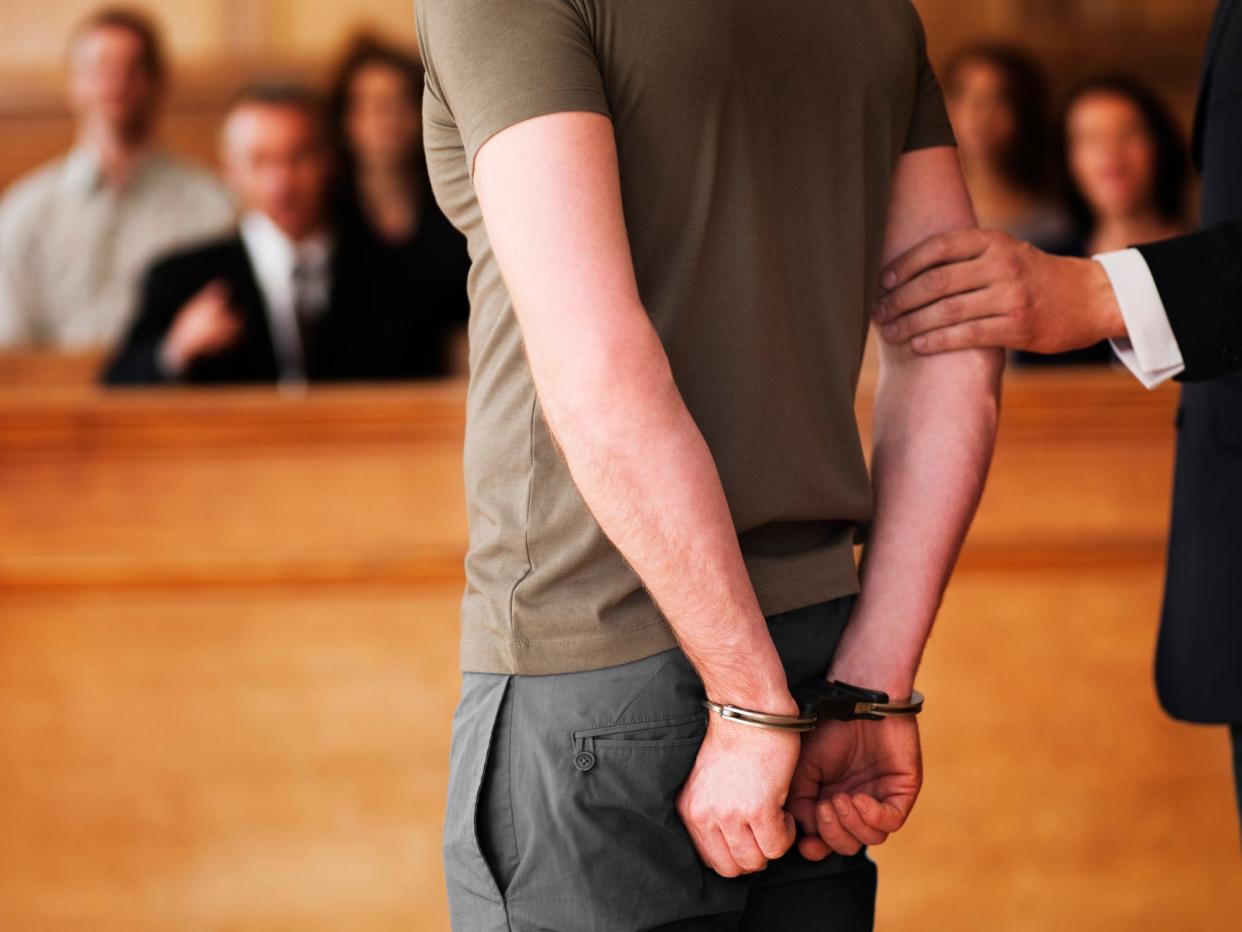Opinion: Burden of proof grows heavier based on defendant's skin color

The primary assumption that undergirds the Kyle Rittenhouse verdict is a nasty and pervasive one that has existed from the very birth of our nation and that is white privilege.
In this particular case, like in so many other legal cases throughout our country’s history, the implicit, and often unrecognized, presumption of many people is that a white or lighter-skinned individual who relies on a defense of protecting themselves and their neighborhood will more often than not receive a more sympathetic ear from the jury and/or judge, seemingly no matter their races, than a darker-skinned individual.
To illustrate let’s propose a counterfactual hypothetical of shorts. Let’s say that Kyle Rittenhouse was a black person and he went to defend his neighbor’s property in the midst of a white supremacist rally while every single other factor in this case stayed the same.
Would any jury or judge knowingly, or unknowingly, hold a more sympathetic view towards Rittenhouse no matter what the verdict came out to be? I contend they would not, which would greatly diminish the chance of an acquittal on any charge let alone all of them.

The primary assumption behind these attitudes is that of white privilege inAmerican freedom and rebellion. The U.S. was founded on a pseudo myth that the birth of our nation came about from our colonial ancestors, an exclusively white group of men, who came together to rebel against the tyrannical British Empire in order to guarantee their freedoms.
Conventionally overlooked in this myth is the fact that black colonists were also coming together against their tyrannical oppressors for their freedoms, too, but their oppressors happened to be the very same white colonists who were declaring their independence from the British Empire.
This little inconvenient situation forced the white colonists to not only turn their guns against the British Empire but also toward the black colonists they had enslaved.
With this little bit of historical information one can see how the idea of white or lighter-skinned citizens defending themselves and their neighborhoods as justified legal defense while if it is a black or darker-skinned citizen trying to defend themselves and their neighborhoods it is not so justified. This dangerous assumption quickly and permanently took hold of the American psyche.
To further illustrate this point one only needs to look at how many laws and courts throughout our country have treated defendants of different races.
For example, it essentially took the entire Minneapolis Police Department coming together to condemn the fatal actions of Derek Chauvin against George Floyd to get a conviction while several years earlier in Florida, it seemed to not take much effort on the part of the jury to look past and justify George Zimmerman’s fatal actions against Trayvon Martin.
While these two cases were obviously different in so many ways, one thing seemed to stay constant: the level of proof to which the prosecutors in each case had to overcome.
One might object at this point to ask, "What about the O.J. trial back in the 1990s? This surely must show that this elevated level of burden of proof based on skin color must not be true," but in response I’d say that the number of cases like the O.J. trial pale in comparison to most other trials against darker skinned individuals throughout U.S. history.
While a heightened burden of proof is a necessary obstacle that all prosecutors face in every criminal trial, it is very problematic that this burden of proof seems to drastically change based on the defendant's skin color. This extra level of burden of proof for prosecutors to reach is because of white privilege and why we continue to have legal outcomes such as this recent verdict.
Genessa Eddy is a theorist, feminist, and philosopher affiliated with the University of North Carolina at Chapel Hill's Women's and Gender Studies Department. She writes about topics including race, gender, politics and current events, and has had editorials published in newspapers throughout the Midwest.
This article originally appeared on The Columbus Dispatch: Opinion: Burden of proof changes based on defendant's skin color

